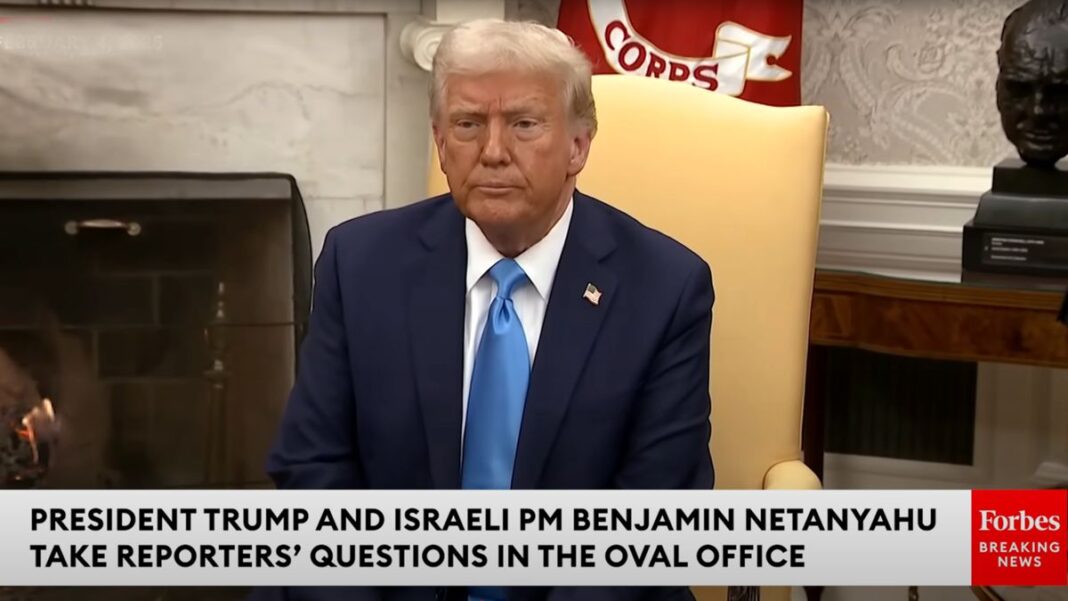The Xi–Putin phone call occurred hours before Trump was to host French President Emmanuel Macron as part of Washington’s efforts to bring an end to the war.
Chinese leader Xi Jinping spoke with Russian President Vladimir Putin on Feb. 24, marking the second publicly known exchange between the two leaders this year.
Meanwhile, world leaders gathered in Kyiv to commemorate the third anniversary of the Russia–Ukraine war, a conflict that has claimed the lives of tens of thousands of soldiers and civilians alike.
The exchange also took place amid ongoing efforts by the United States to swiftly resolve the war, sparking speculation that the Trump administration might shift its focus toward countering threats from communist China.
According to Beijing’s summary of the call, Xi told Putin that China and Russia are friends that will always stand by each other.
The Kremlin said Putin and Xi discussed how to expand cooperation between their countries in areas such as the economy and investment during the “lengthy telephone conversation.”
Putin also updated Xi on recent contacts between Russia and the United States, according to the Kremlin.
In 2022, Putin and Xi declared a partnership that has “no limits” during Putin’s last trip to China, for the Beijing Winter Olympics. The two leaders issued a lengthy joint document in which Russia endorsed territorial claims by the Chinese Communist Party (CCP) on self-ruled Taiwan, and Beijing backed Moscow in opposing the further enlargement of NATO, a key justification for its war with Ukraine.
Less than three weeks after the trip, Russia launched its invasion of Ukraine. Since then, the two neighbors have repeatedly reaffirmed their close ties in the face of mounting pressure from the West.
On Jan. 21, hours after U.S. President Donald Trump was sworn in for his second term, Xi held a phone call with Putin. During that conversation, the two leaders pledged to strengthen their countries’ relationship further in 2025.
Outside analysts have highlighted the imbalance in the two regimes’ partnership, with many arguing that it’s heavily tilted in favor of the CCP.
By Dorothy Li






